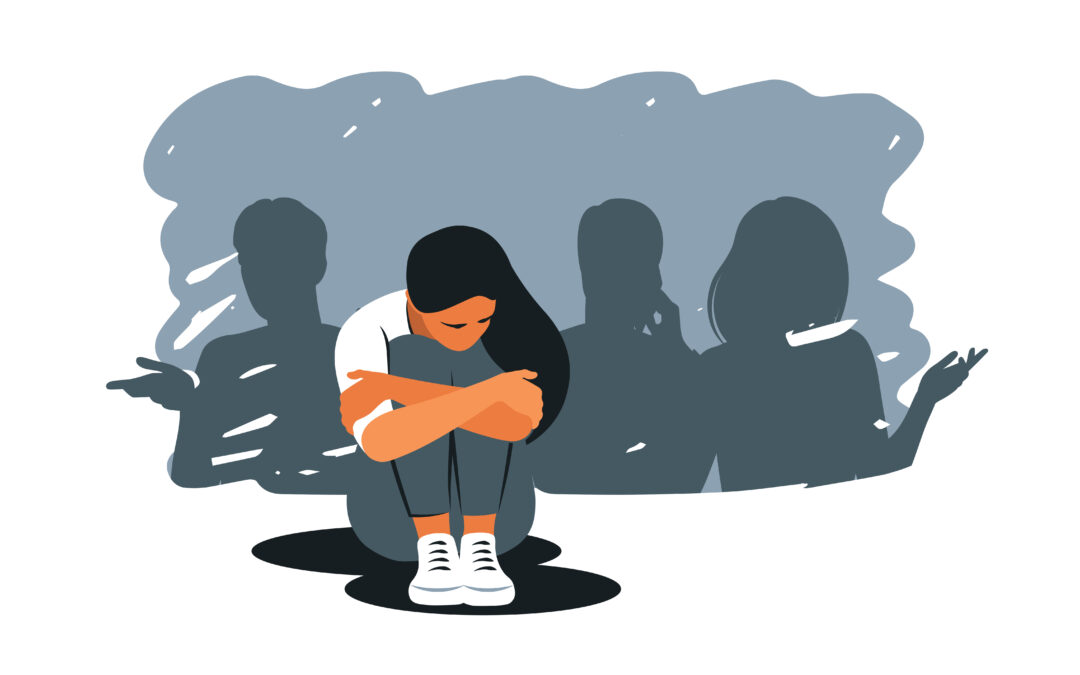Navigating social situations can be daunting for many, but for those with an anxiety disorder, it’s an overwhelming experience that can significantly impact daily life. Social anxiety, or social phobia, is characterized by an intense fear of being judged or embarrassed in social settings. This fear isn’t just about feeling nervous before a presentation or a date; it’s a continuous anxiety that can lead to avoidance behaviors, affecting relationships, work, and personal well-being.
Understanding What Social Anxiety Is
Anxiety disorder can be displayed in various ways, from avoiding social gatherings and public speaking to feeling uneasy about everyday tasks like making phone calls or eating in front of others. The fear of negative judgment can be paralyzing, causing emotional distress such as worry, self-consciousness, and intense anxiety before, during, or after social interactions.
Symptoms of Social Anxiety
Emotionally, individuals with social anxiety may experience constant fear of judgment, worry about embarrassing themselves, and a persistent sense of self-consciousness. Physically, symptoms can include blushing, sweating, trembling, rapid heartbeat, upset stomach, and difficulty speaking or thinking clearly. These symptoms can be debilitating, making engaging in activities that others may find routine difficult.
Conquering Social Anxiety
Effective treatment strategies exist to help manage and alleviate symptoms of social anxiety disorder:
-
-
-
- Psychotherapy: Cognitive behavioral therapy (CBT) is known to be the most effective form of treatment for social anxiety. It aims to change negative thought patterns and behaviors by gradually exposing individuals to feared social situations in a controlled method to reduce anxiety and build confidence.
-
-
-
-
-
- Support Groups: Joining support groups or attending group therapy sessions can provide valuable peer support, reduce feelings of isolation, and allow one to practice social skills in a supportive environment.
-
-
-
-
-
- Medications: Antidepressants, particularly selective serotonin reuptake inhibitors (SSRIs) and serotonin-norepinephrine reuptake inhibitors (SNRIs), are commonly prescribed to alleviate symptoms of anxiety. Beta-blockers may also help control physical symptoms such as sweating or trembling.
-
-
-
-
-
- Ketamine Treatment: Recently, ketamine has emerged as a promising treatment option for severe, treatment-resistant social anxiety disorder. Ketamine works differently from traditional antidepressants, acting on the brain’s glutamate system to rapidly reduce symptoms of anxiety and depression.
-
-
Living with an anxiety disorder can feel isolating, but effective treatments can help individuals regain control and improve their quality of life. Whether through therapy, support groups, medications, or innovative approaches like ketamine treatment, there are options to help manage and overcome anxiety disorders.
Contact Bluewater Psychiatry
If you or someone you know is struggling with social anxiety, we’re here to support you. Schedule a consultation to take the next steps towards healing and well-being.

